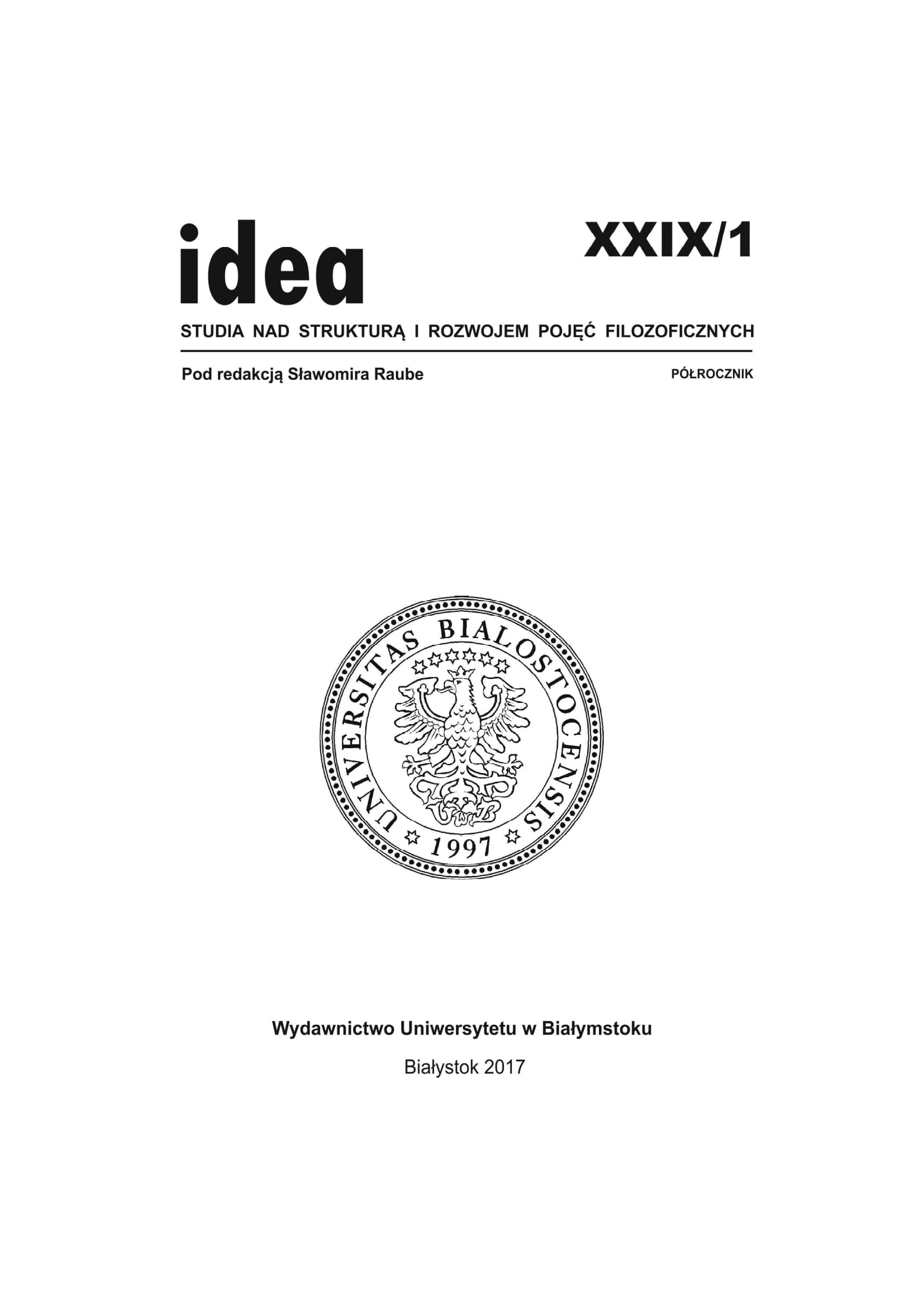“In your synthesis the signal condenses”: Adam Dickinson’s polymers and Kacper Bartczak’s organic poems and the plastic poetics of the contemporary organic poem
“In your synthesis the signal condenses”: Adam Dickinson’s polymers and Kacper Bartczak’s organic poems and the plastic poetics of the contemporary organic poem
Author(s): Paulina AmbrożySubject(s): Language and Literature Studies, Studies of Literature, Comparative Study of Literature, Polish Literature, Other Language Literature
Published by: Wydawnictwo Uniwersytetu w Białymstoku
Keywords: contemporary poetry; organic versus synthetic form; plasticity and innovative poetics; Kacper Bartczak, Adam Dickinson; Roland Barthes
Summary/Abstract: The article “In Your Synthesis the Signal Condenses:” The Plastic Poetics of the Contemporary Organic Poem” examines contemporary poets’ revisionary engagements with the concept of the organic form. For the analysis I have chosen Adam Dickinson’s Polymers (2013) and Kacper Bartczak’s Wiersze organiczne [Organic poems] (2015) – the two recent innovative volumes of poetry which approach the notion of organicity via the conceptual metaphor of plastic. The poets take up Roland Barthes’ challenge, as formulated in his Mythologies, to engage with the contemporary mythology of plastic and to reclaim for poetry the infinitely transformative potential of synthetic forms. Barthes looks into the “negative reality” of plastic, observing that, “in the hierarchy of the major poetic substances”, plastic is perceived as “a disgraced material”, a mere substation for the original, “something powerless ever to achieve the triumphant smoothness of Nature” (98). “[M]ore than a substance,” the philosopher claims however, “plastic is the very idea of its infinite transformation; as its everyday name indicates, it is ubiquity made visible. And it is this, in fact, which makes it a miraculous substance: a miracle is always a sudden transformation of nature”(97). Using plastic at once as a metaphor and formal frame for their most recent collections, Dickinson and Bartczak experiment with its proliferating, ubiquitous, flocculent and repeated structures, as well as its contradictory nature which thrives in the tension between the natural and the artificial, the original and the imitative, the malleable and resistant, the shaped and shapeless, the colloquial and the scientific. As I argue in the study, Dickinson sees plastic as both outdated and futuristic form, and a curious and ubiquitous language of the contemporary Anthropocene capable of “recreating the world as an alternate and translated reality” (The Polymers). Bartczak, in turn, pulls us into “a translated reality” of his “organic” poems in which highly condensed, opaque and stratified metaphors flaunt their artifice, revealing the obsessive discursive pollutions and transformations of language. Plastic incorporates the inherent paradoxes of organic form in which the notions of completeness, perfection and unity are interwoven with their opposites – temporality, process, contingency and becoming. This doubleness, as evidenced in Bartczak’s and Dickinson’s poems, proves particularly productive for addressing the aesthetic, ideological and epistemological challenges of contemporaneity
Journal: Idea. Studia nad strukturą i rozwojem pojęć filozoficznych
- Issue Year: 1/2017
- Issue No: XXIX
- Page Range: 275-296
- Page Count: 22
- Language: English

